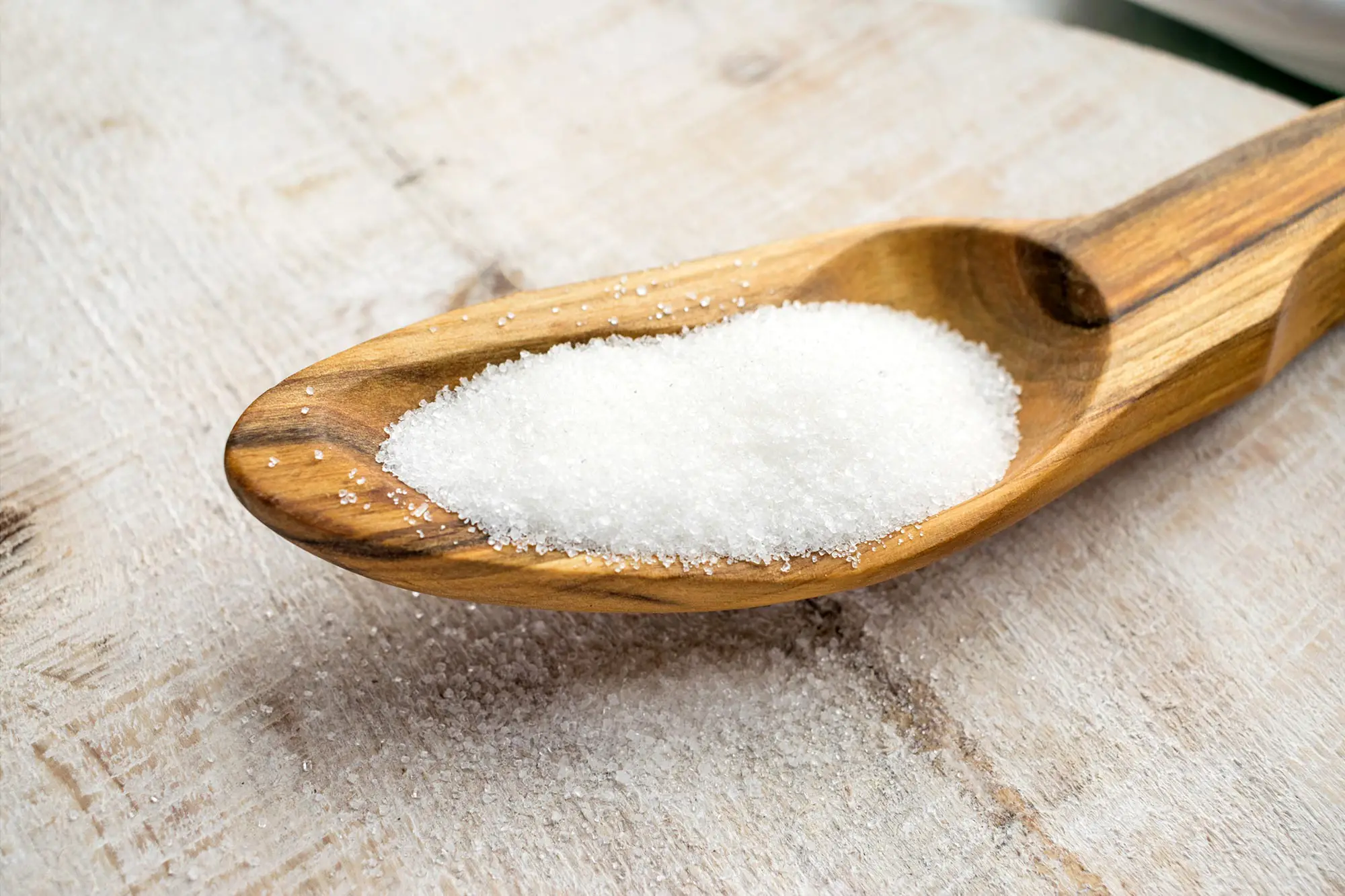Summary of Common Artificial Sweeteners Has an “Unexpected Effect” on the Immune System:
T-cells play a crucial role in the immune system, and their over-activation can cause autoimmune diseases. Consuming large amounts of the artificial sweetener sucralose lowers T-cell activation in mice, according to researchers at the Francis Crick Institute. Although sucralose’s effects on the human body are not fully understood, researchers hope the discovery could lead to therapeutic uses for patients with autoimmune conditions. The doses of sucralose used in the study were equivalent to acceptable daily intake levels recommended by European and American food safety authorities. Still, people consuming food or drinks with sweeteners in a standard diet would not usually reach them.
*****
Artificial Sweetener Sucralose Could Have Therapeutic Uses for Autoimmune Diseases
Researchers at the Francis Crick Institute have discovered that high consumption of sucralose, a common artificial sweetener, lowers T-cell activation in mice, a crucial immune system component. While average dietary consumption of sucralose is not harmful, these findings could potentially lead to therapeutic uses for patients with autoimmune diseases, where high doses of sucralose could help mitigate the detrimental effects of overactive T-cells.
Sucralose and Its Effects on the Immune System
Sucralose is an artificial sweetener commonly used in drinks and food and is about 600 times sweeter than sugar. Recent studies have shown that sucralose can impact human health by affecting the microbiome. However, the effects of sucralose on the body are not yet fully understood. Scientists at the Francis Crick Institute decided to investigate how sucralose affects the immune system in mice.
The researchers fed mice sucralose at levels equivalent to the acceptable daily intake recommended by the European and American food safety authorities. Although these doses are achievable, they would not usually be reached by people consuming food or drinks containing sweeteners as part of a regular diet. The mice fed diets containing high doses of sucralose were less able to activate T-cells in response to cancer or infection. No effect was seen on other types of immune cells.
Sucralose and Autoimmune Diseases
A high dose of sucralose was found to impact intracellular calcium release in response to stimulation-dampening T-cell function. While humans consuming normal or moderately elevated levels of sucralose would not be exposed to the levels achieved in this study, the researchers hope the findings could lead to a new way of using much higher therapeutic doses of sucralose in patients. The observation that when mice with T-cell-mediated autoimmune disease were given, a high-dose sucralose diet helped to mitigate the harmful effects of their overactive T-cells shows potential for therapeutic uses of sucralose in patients with autoimmune diseases.
Looking Ahead
The senior author of the study Karen Vousden and her team hope to piece together a bigger picture of the effects of diet on health and disease so that one day we can advise on diets that are best suited to individual patients or find elements of our diet that doctors can exploit for treatment. More research and studies are needed to see whether these effects of sucralose in mice can be reproduced in humans. If these initial findings hold up in people, they could one day offer a way to limit some of the harmful effects of autoimmune conditions. The researchers are continuing this work and are hoping to run trials to test if sucralose has a similar impact on humans.
Conclusion
While it is essential to recognize that the average dietary consumption of sucralose is not harmful and that the effects of sucralose on the immune system are not yet fully understood, this study provides new insights into a potential therapeutic role for sucralose in the treatment of autoimmune diseases. Much more research is needed to determine the safety and efficacy of sucralose as a therapeutic agent. Still, the findings of this study have opened up new avenues for exploration in the field.

Comments are closed